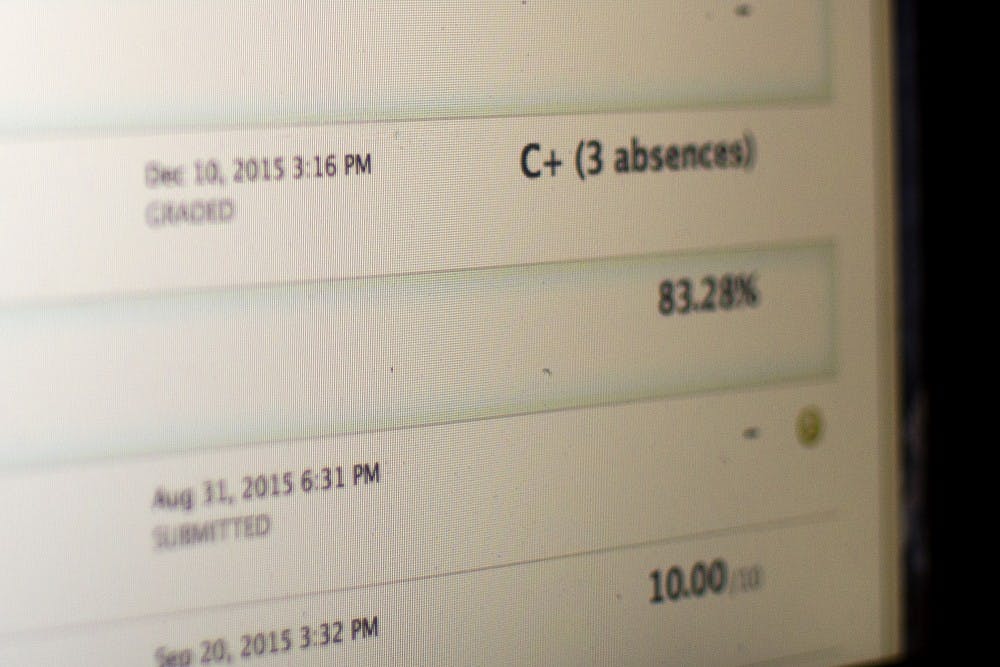Attendance policies are traditionally associated with grade school, but for many ASU programs, they play a pivotal role in a student's academic success.
For the University, however, the policies tend to be a bit more wishy-washy than a "set in stone" rubric on attending class.
“ASU does not have a university-wide attendance policy in place, but class attendance is essential to fully grasp subject material provided by an instructor during a lecture or lab," according to a statement from ASU. "Ultimately, the instructor has full authority to decide whether class attendance is required."
However, several colleges, such as Mary Lou Fulton Teachers College and Walter Cronkite School of Journalism and Mass Communication, have personalized attendance policies. Sherman Dorn, Mary Lou Fulton interim associate dean, said the policy contributes to the school's success.
According to Mary Lou Fulton Teachers College attendance policy, three absences in your final semester of student teaching can result with an 'E' grade in the course.
"Our partner districts would not trust our graduates if we did not have high expectations for professional behavior, including attendance in the final semester of student teaching," Dorn said in an email.
The Walter Cronkite School of Journalism and Mass Communication follows a similar approach in preparing students for future success.
Cronkite Associate Dean Kristin Gilger said students grade would drop half of a letter grade for each absence after their second absence.
"Everything we do is to model ourselves for industry standards," Gilger said. "We know that students have responsibilities and other interests and obligations, but school is the primary responsibility and making sure the educational experience is what it should be is our responsibility."
However, at the W. P. Carey School of Business, there is no immediate "need to be there" attitude akin to the Mary Lou Fulton Teachers College and Walter Cronkite School of Journalism and Mass Communication. In fact, the school itself does not hold a universal attendance policy.
So why should a student show up?
Kay Faris, senior associate dean for academic programs at W. P. Carey School of Business, said class attendance on a regular basis demonstrates strong work ethic and responsibility.
“If you have students that don’t come to the class not only does it hurt them but it also hurts everyone else in the class because they are not able to have a strong class discussion," Faris said. "It’s important to the learning of the class."
Faris writes letters of recommendations and acts as a reference for students attempting to get a job after school. She said one of the main traits she looks for in a student is classroom attendance.
However, some students still believe attendance is up to the person taking the class.
ASU alumna Navneet Khera said while she sees the advantages to attending class, she believes it can be an unfair expectation for students who are already paying a lofty price to attend school.
"I think it's ridiculous for students to have to be forced to go to class," Khera said. "Students should be able to choose if they want to go to class if they are paying for it."
Khera, among other alumni, never had an issue attending class but she said it would have been disappointing to see her grade slip due to punctuality.
“I would be unhappy that my grade would be based on something that didn’t test my knowledge,” Khera said.
Related links:
Invasive technology: the future of online classes
iCourses are a good alternative, but they are not 'Plan A'
Reach the reporter at dcaltabi@asu.edu or follow @davidcaltabiano on Twitter.
Like The State Press on Facebook and follow @statepress on Twitter.




